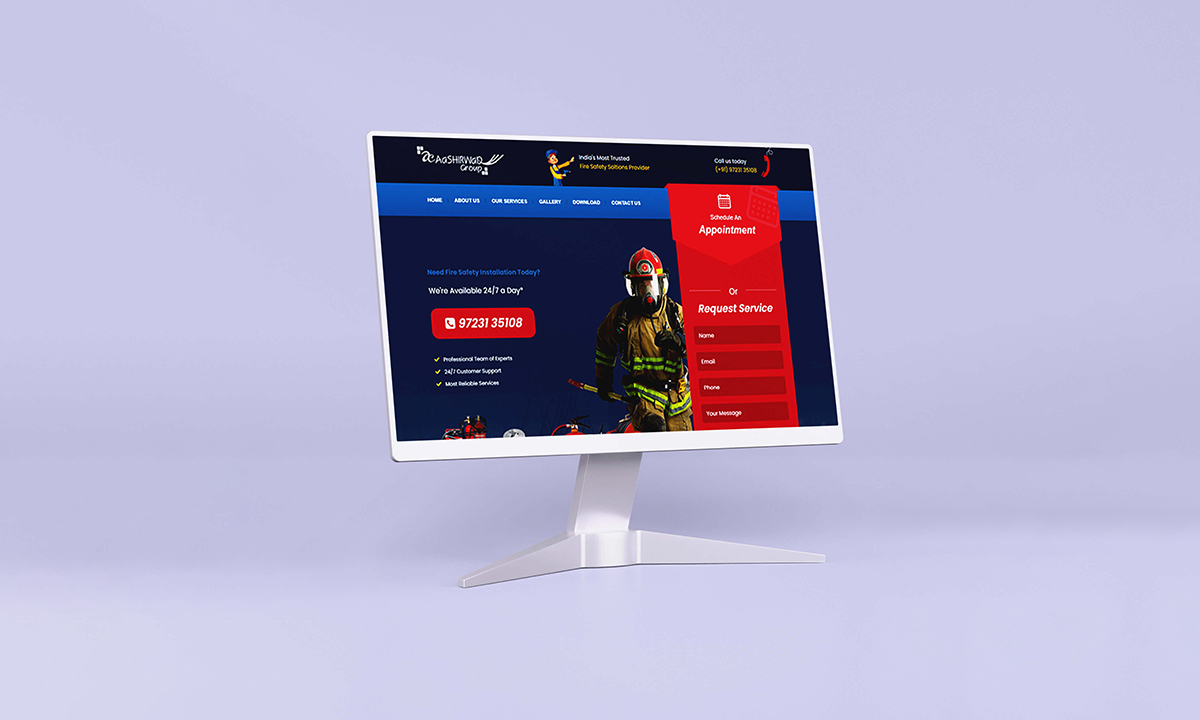In recent years, the manufacturing sector has witnessed a significant shift with the emergence of Industry 4.0. Industry 4.0 refers to the integration of advanced technologies, automation, and data exchange in manufacturing processes to create a smart, connected, and highly efficient ecosystem. This blog explores the transformative impact of Industry 4.0 on the manufacturing industry and highlights how businesses can embrace this revolution to drive productivity, efficiency, and innovation.
-
Connected Factory: IoT and Big Data Industry 4.0 relies on the Internet of Things (IoT) and Big Data analytics to create a connected factory environment. IoT devices, sensors, and machines collect real-time data, which is then analyzed to gain valuable insights into production processes, equipment performance, and supply chain operations. This data-driven approach enables predictive maintenance, optimized production schedules, and efficient resource allocation, enhancing overall productivity and efficiency.
-
Automation and Robotics Automation and robotics are key components of Industry 4.0, enabling manufacturers to streamline processes, reduce manual labor, and enhance precision. Robots and intelligent machines can perform repetitive tasks with speed and accuracy, freeing up human workers to focus on more complex and value-added activities. Automation not only increases productivity but also improves workplace safety and reduces the risk of errors.
-
Artificial Intelligence (AI) and Machine Learning AI and machine learning algorithms are revolutionizing manufacturing by enabling predictive analytics, quality control, and adaptive production systems. AI-powered systems can analyze vast amounts of data to identify patterns, optimize production parameters, and make real-time adjustments to ensure consistent quality and efficiency. Machine learning algorithms continuously learn from data, leading to continuous improvement and optimization of manufacturing processes.
-
Digital Twin Technology Digital twin technology creates virtual replicas of physical products, processes, or systems, providing real-time simulations and analysis. Manufacturers can leverage digital twins to test and optimize production processes, evaluate product performance, and identify areas for improvement. By combining real-world data with virtual models, businesses can accelerate product development, reduce time to market, and enhance product quality.
-
Cybersecurity and Data Privacy With increased connectivity and data exchange in Industry 4.0, cybersecurity and data privacy become critical concerns. Manufacturers need to implement robust cybersecurity measures to protect sensitive data, secure networks, and prevent unauthorized access. Data privacy policies and compliance with regulations ensure the responsible handling of customer data, fostering trust among stakeholders.
-
Collaborative Ecosystems and Smart Supply Chains Industry 4.0 encourages collaboration and connectivity across the entire value chain. Manufacturers can build smart supply chains that enable real-time visibility, seamless communication, and efficient coordination between suppliers, partners, and customers. This facilitates demand forecasting, inventory management, and just-in-time production, leading to cost savings, minimized waste, and improved customer satisfaction.
Embrace the Future with Eyelash Technologies At Eyelash Technologies, we understand the transformative power of Industry 4.0 for the manufacturing sector. Our cutting-edge solutions, including IoT integration, AI-driven analytics, robotics automation, and digital twin technology, can help businesses embrace Industry 4.0 and unlock the full potential of advanced technologies.







